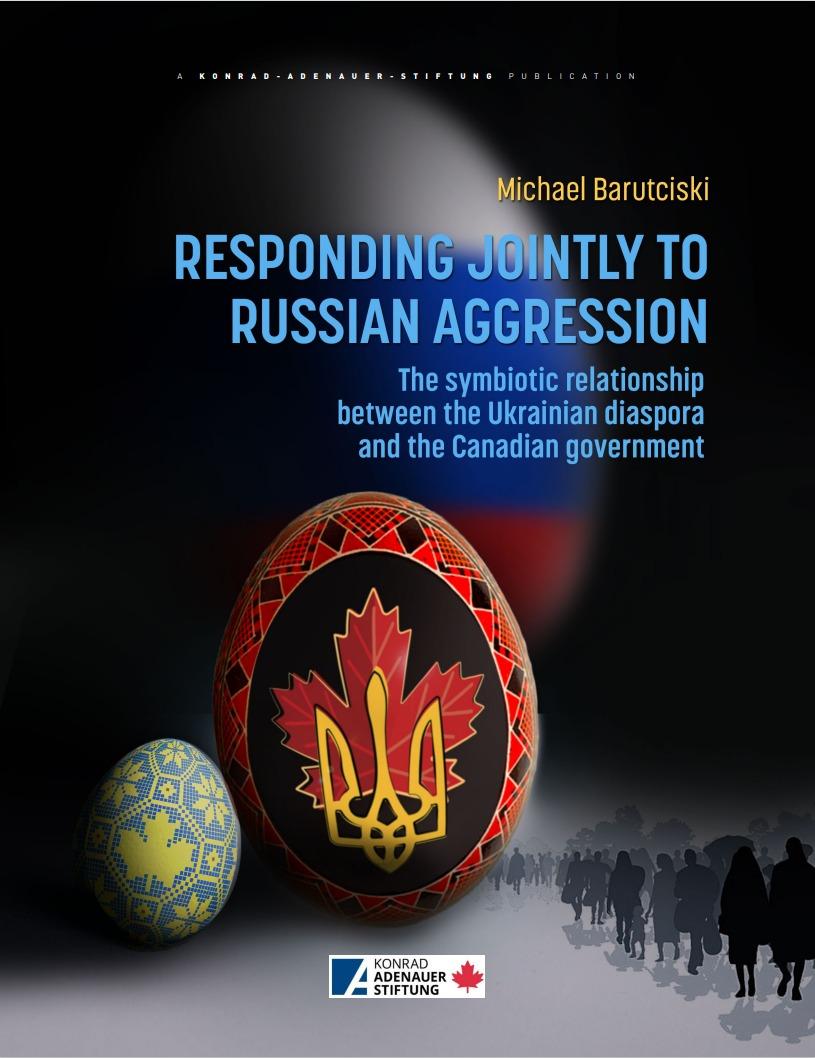Canada’s ambitious immigration goals and commitment to multiculturalism policy affect how exile structures are viewed by the country’s analysts. Rather than seeing potential threats to security, the tendency is to adopt a positive forward-looking lens that emphasizes the possibilities in terms of diaspora engagement. Within this pro-immigration context, the Ukraine diaspora in Canada represents a group that has integrated the country’s political structures for many decades.
The protection options offered to Ukrainians displaced by the Russian invasion are unprecedented in terms of the usual approaches to refugee policy. The Canadian government has innovated with a programme that offers both short and long term options for displaced Ukrainians. This generous treatment is largely the result of the diaspora’s influence. Yet there is a risk that this preferential treatment will become increasingly difficult to justify when compared to the treatment of other refugees or at-risk populations around the world.
The Ukrainian diaspora has exercised considerable influence on Canadian foreign policy, particularly in relation to the past Cold War struggle against the Soviet Union and the current geopolitical struggle against Russia. Through a combination of convergence with Canadian interests and effective high-level advocacy, the Ukrainian diaspora has long played a role in Canada’s evolving identity and is now influencing its position concerning the current war provoked by Russia. A symbiotic relationship has developed between the government and this diaspora group, as can be seen by the various joint efforts to strengthen Ukraine’s economic, political and military situation.
There is a tendency to avoid discussion of the risks associated with diaspora engagement, at least amongst Canada’s intellectual leaders. While the Ukrainian diaspora has generally tended to align itself effectively with Canadian interests, this positive dynamic cannot always be guaranteed. The future of diaspora engagement depends on prudent analysis of homeland struggles and the competing diaspora interests. Canada’s ability to handle this challenge will ultimately impact on the credibility of the multiculturalism policy that is becoming central to its national identity.



